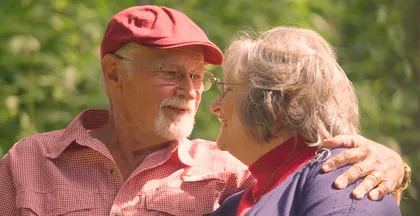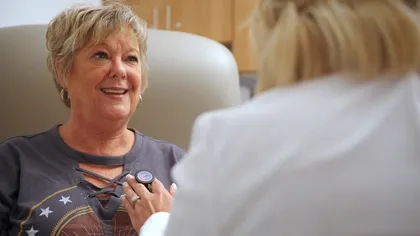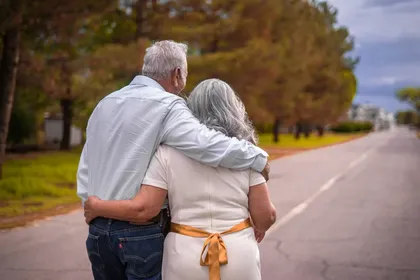Radiation and Heart Disease
Radiation therapy used in cancer treatment can cause problems in the heart and vascular (circulation) system. This effect is called cardiotoxicity. Cardiotoxicity can develop within days or months after radiation but often develops years later. Cardiotoxicity can reduce the patient’s quality of life and increase the risk of death from cardiac-related causes.
A cardiologist and cancer doctor working together can determine an individual patient’s risk for cardiotoxicity by doing certain tests and imaging before radiation therapy starts. If a patient is at risk, the radiation therapy doctor may limit the amount of radiation dose given during treatment, or aim the radiation beams so that they miss the heart. The goal is to balance the benefits of cancer treatment with the risk of damage to the heart.
How does radiation therapy affect the heart?
Radiation therapy to the chest area often is part of the treatment for Hodgkin lymphoma and cancers of the lung, esophagus, or breast. Cardiotoxicity is a risk when a large volume of heart muscle is exposed to a high dose of radiation. Radiation dose is measured in Grays (Gy), and a heart dose of more than 30 – 35 Gy increases the risk of cardiotoxicity.
Radiation can injure the pericardium (the tissue covering the heart), myocardium (the heart muscle itself), the heart valves, coronary arteries and the heart’s electrical system. Some of the problems that may develop are:
- Pericarditis (inflammation of the tissue surrounding the heart)
- Premature coronary artery disease and atherosclerosis
- Myocarditis (inflammation of the heart muscle)
- Congestive heart failure (loss of heart pumping ability)
- Heart valve disease
- Heart rhythm changes (arrhythmia)
- Cardiomyopathy (enlarged heart)









